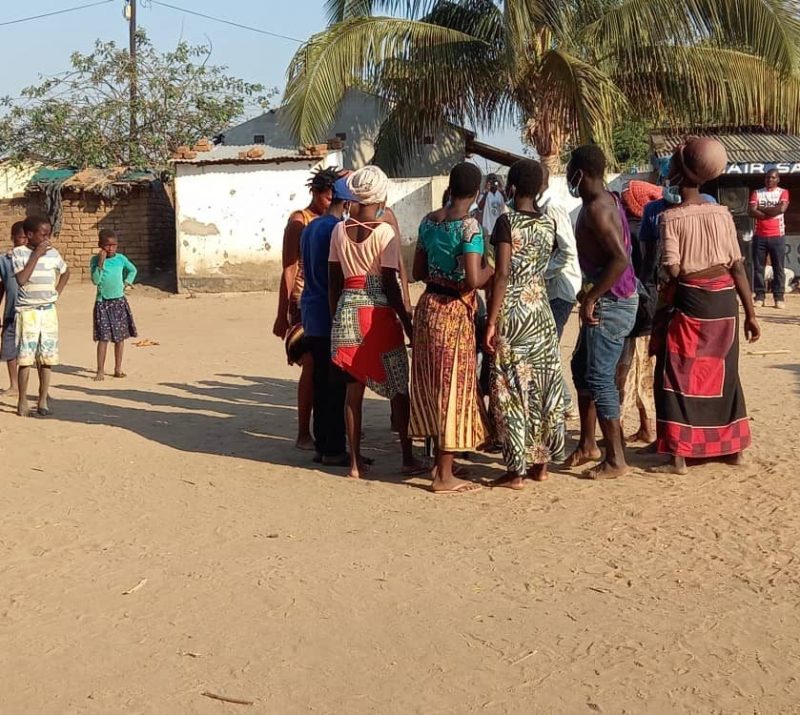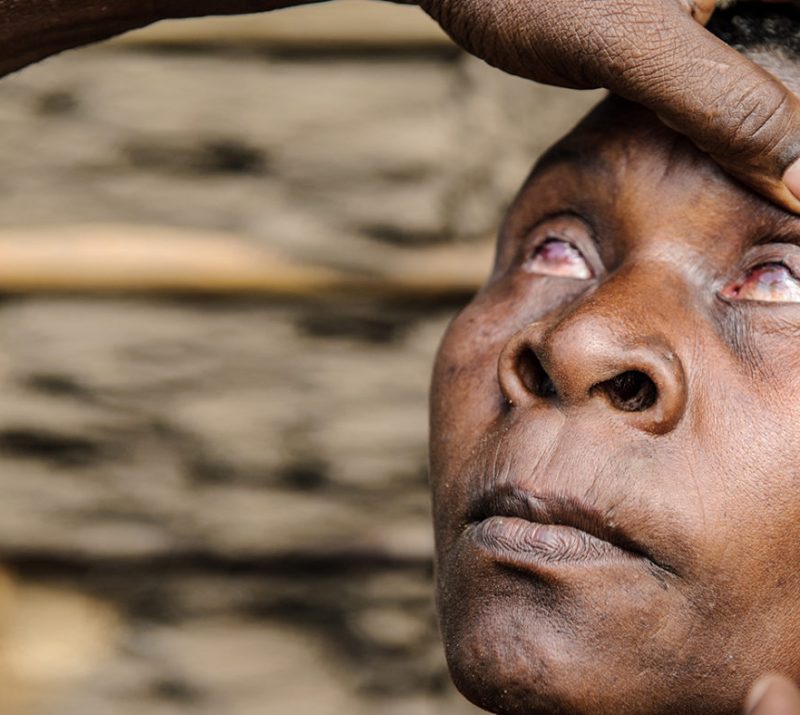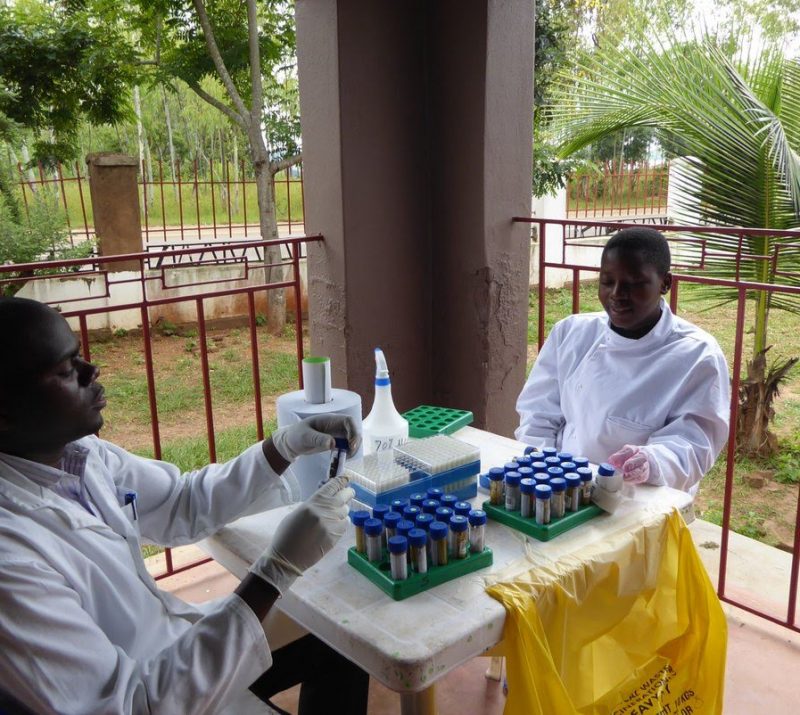
BICO has been working with the University of Sheffield in UK and Namwera Aids Coordinating Committee (NACC) a local NGO in the area on a community digital health program. The program aims at addressing health messages gap in HIV caregiver groups especially now when COVID-19 is a global problem and people with comorbidities are at a high risk of contracting it.
In order to achieve the objectives stated above, we employed qualitative methods of research and assessment to capture caregivers and community experiences, views and opinions. This was done through meetings, interviews and workshops.
The meetings were first done with Area Development Committees, Village Development Committees and leaders of the five selected support groups, in Namwera Zonal Area, Mangochi . Traditional authority (TA) Jalasi and the area’s ward counsellor were in attendance of these introductory meetings.
Health messages were sent to 5 selected HIV Caregivers Support in TA Jalasi, Namwera, Mangochi using recorded voice messages. 5 groups were formed and a recorded message was sent to each group. There were different topics that were recorded and every month focused on one topic. Four of the 6 messages were suggested by BICO doctors and 2 of the messages were suggested by the groups. The topics were:
- Covid-19 and HIV,
- emotional and social support to HIV/AIDS people,
- first aid and safety when taking care of HIV/AIDS people,
- ARVs dosage; side effects and myths,
- Nutrition and HIV
- Safe motherhood.
”READ-MORE” Use of mobile phones The number of members with access to a mobile phone which supports Whatsapp in the support groups is very small. Out of 94 members interviewed, only 6 had smartphones which is almost 1 person group. Still members were able to listen to messages through Bluetooth speakers which were provided by BICO to each support group. Level of education From the data obtained, less than half of the population showed ability to read and write. The use of audios was, therefore, the best way to reach out to the masses such that message was understood and utilized by even those who cannot read. Members also proposed the use of posters in areas where literacy is high. Message awareness More members expressed prior knowledge to some aspects of messages sent to them on various topics. Advice on hand washing, eating balanced diet, family planning was some of parts of message members were aware of. The source of information for most of the members was their nearby health facility. This can show that caregivers are able to seek clinical advice when there is need. Language used Members were happy with the language that was used in the message. The use of local languages of Yao and Chichewa meant that all were able to listen and understand the message with ease. Additional support Members requested additional support in terms of health personnel who can be advising them on such HIV- related topics for them to live a healthy life. Healthy information should be made available to village health committees and home bases care groups ”SHOW-LESS”





